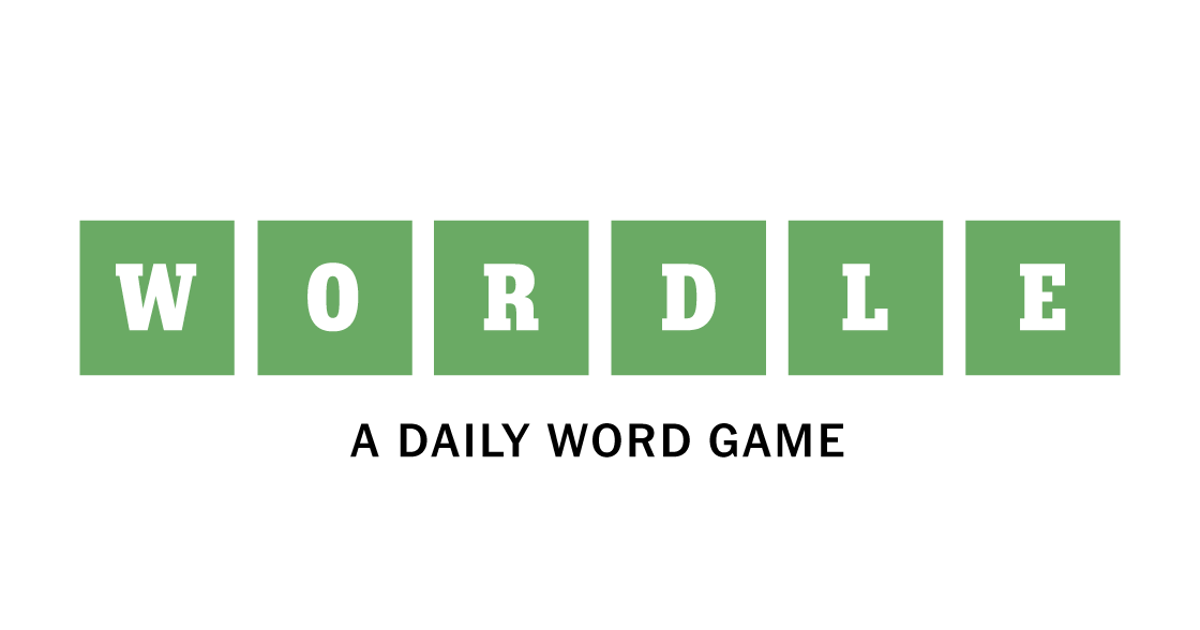

As others have said, gaming is thriving - AAA and bloated incumbants are not doing well but the indie sector is thriving.
VR is not on the verge of collapse, but it is growing slowly as we still have not reached the right price point for a mobile high powered headset. Apple made a big play for the future of VR with its Apple Vision Pro but that was not a short term play; that was laying the ground works for trying to control or shape a market that is still probably at least 5 if not 10 years away from something that will provide high quality VR, untethefed from a. PC.
AI meanwhile is a bubble. We are not in an age of AI, we are in an age of algorithms - they will and are useful but will not meet the hype or hyperbole being banded about. Expect that market to pop and probably with spectacular damage to some companies.
Other computing hardware is not really stagnating - we are going through a generational transition period. AMD is pushing Zen 5 and Intel it’s 14th gen, and all the chip makers are desperately trying to get on the AI band wagon. People are not upgrading because they don’t see the need - there aren’t compelling software reasons to upgrade yet (AI is certainly not compelling consumers to buy new systems). They will emerge eventually.
The lack of any landmark PC AAA games is likely holding back demand for consumer graphics cards, and we’re seeing similar issues with consoles. The games industry has certainly been here many times before. There is no Cyberpunk 2077 coming up - instead we’ve had flops like Star Wars Outlaws, or underperformers like Starfield. But look at the biggest game of last year - Baldurs Gate 3 came from a small studio and was a megahit.
I don’t see doom and gloom, just the usual ups and downs of the tech industry. We happen to be in a transition period, and also being distracted by the AI bubble and people realising it is a crock of shit. But technology continues to progress.

There are plenty of options for personal computers; you have to make the choice to go private and personal.
I built my own desktop, which remains very common and is relatively easy to do. I have Linux and Windows on it, and use Linux nearly 100% as I agree I don’t like ads etc. I use a Firefox with ad blockers and don’t get ads; I use lots of open source software even to access services like Youtube (Free tube).
There are also even linux laptops, and the Frame.Work laptop which is fully modular and bring your own OS.
There are open source OS for phones.
You’re right about the corporatisation of the internet and services, but it remains up to users to vote with their feet and chose to take back their privacy and person computing.
Linux is at 4% of desktop users in recent months - that is many millions of people actively choosing to exist in a space where they control their personal computers. People don’t need to remove computers, just chose to set them up to be what they want them to be.